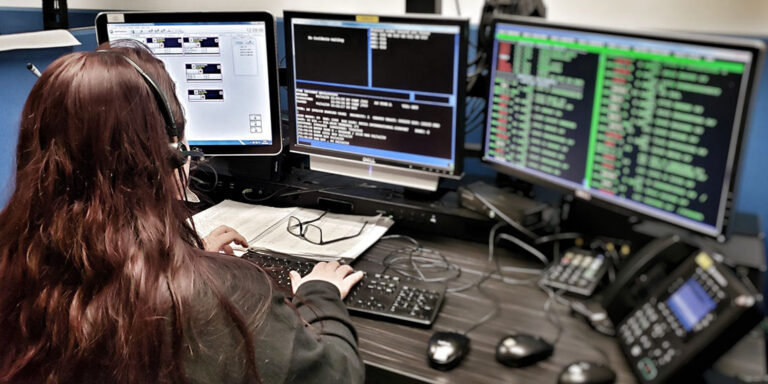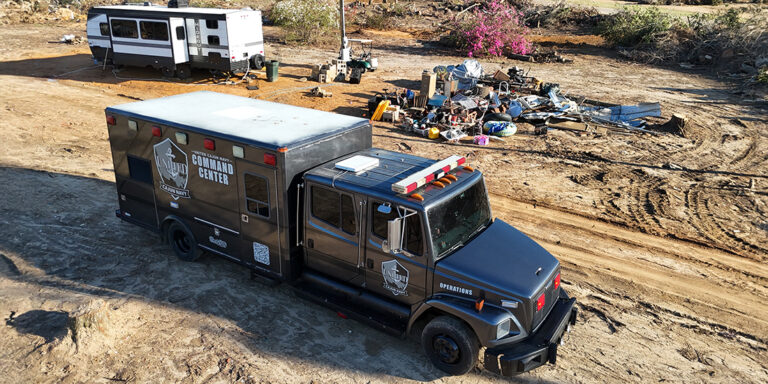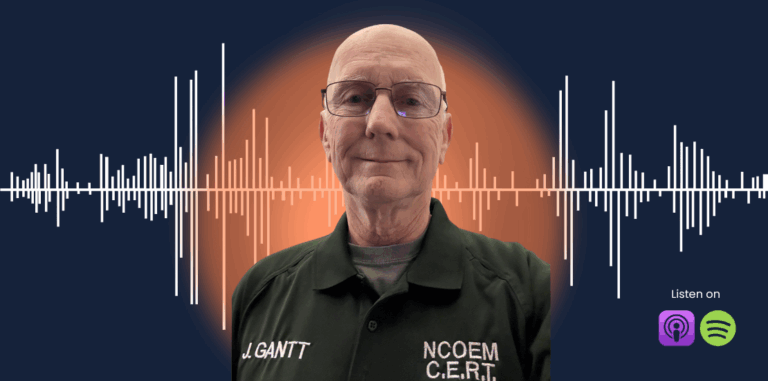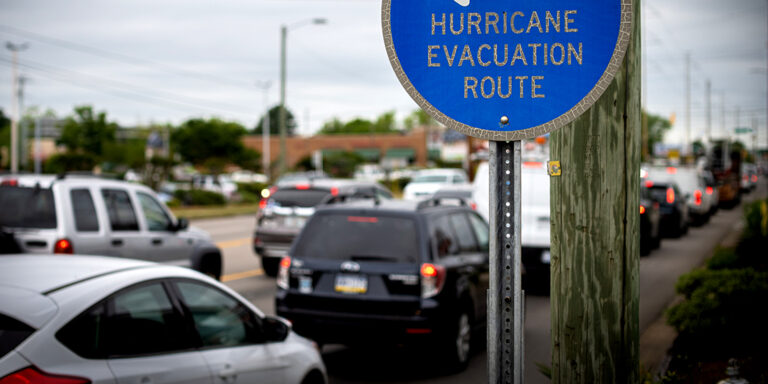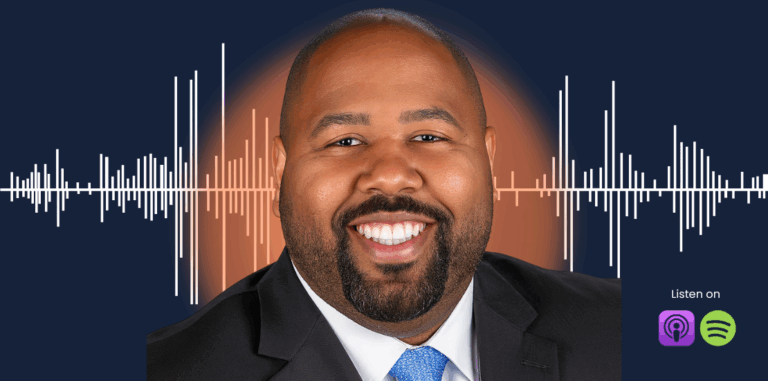
Podcast – Partnerships in Preparedness: Kali Dawkins on Technology, Trust, and Response
In this episode of Domestic Preparedness: The Podcast, Kali Dawkins of Verizon shares how public/private collaboration can keep responders connected before, during, and after disaster. From hurricane recovery to planning for FIFA 2026, discover how Dawkins feels technology and trust build stronger, safer communities.


